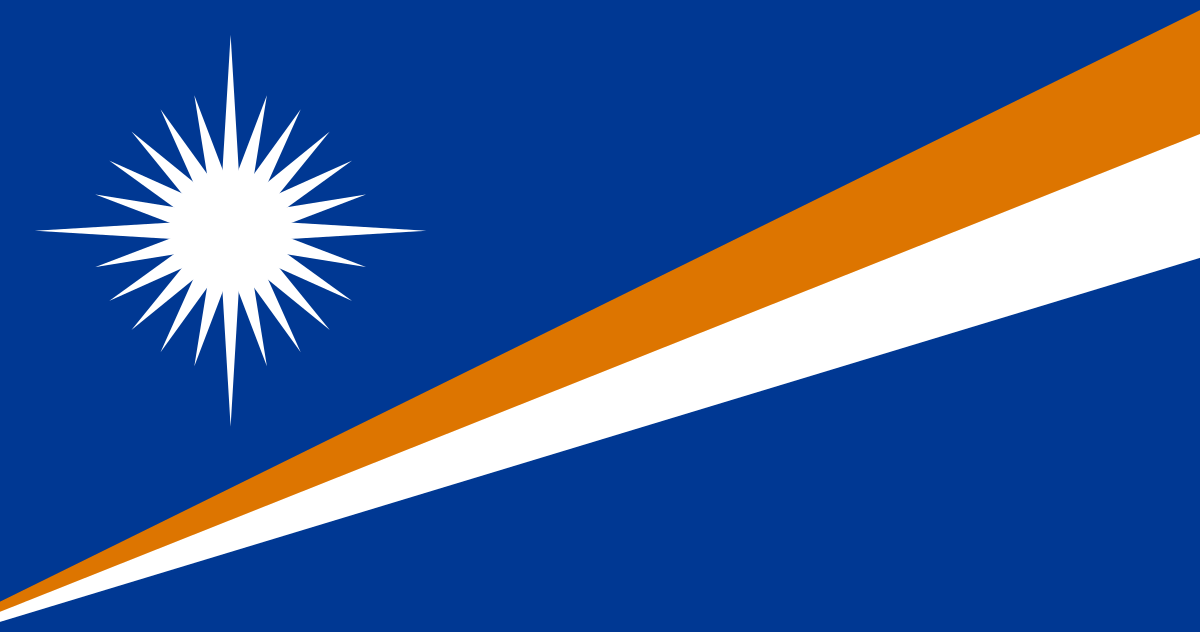Home » Republic of Marshall Islands

Marshall Islands
Summary of the GCCA+ SUPA project in Marshall Islands
The project used a consultative and people-centred approach to scaled up an existing Community Lifestyle Program which focused on community health in Majuro Atoll by expanding the scope to other atolls and adopting a more holistic approach to climate resilience by adding sustainable agriculture activities, cooking classes, agriculture training and the establishment of home gardens.

Project Focus: Health Sector

Direct benefit: 17,274 persons
Indirect benefit: 41,139 persons
- Geographic coordinates: Lat. 4° – 14°N, Long. 160°- 173°E Lat.8°S – 24°S
- Total land area 181 km²
- Exclusive economic zone (EEZ) 2,131,000 km²
- Population (2016 estimate) 55,243
- Temperatures have warmed and will continue to warm with more very hot days in the future.
- Annual rainfall is projected to increase. Rainfall extremes are projected to increase. The frequency of drought is projected to decrease relative to the current climate.
- Ocean acidification has been increasing in the Marshall Islands’ waters. It will continue to increase and threaten coral reef ecosystems.
- Wave height is projected to decrease in the dry season and wave direction may become more variable
- Sea level rise in the wet season. Marshall Islands has risen and will continue to rise throughout this century.
Source: BOM, CSIRO, 2014, Climate Variability, Extremes and Change in the Western Tropical Pacific: New Science and Updated Country Reports
How does this project address climate change adaptation in the Marshall Islands?
Given the low elevation of its coral atolls, the Marshall Islands is especially vulnerable to the effects of rising sea levels, which include loss of land, flooding and saltwater intrusion of underground water lenses. Added to this, rising temperatures, an increase in extreme temperature and rainfall events, and changes in humidity are all having an adverse impact on the growth of crops and trees and the prevalence of water, food and vector-borne diseases.
Focusing on the people living in the Delap-Uliga-Darrit communities in Majuro and in the communities in Jaluit, the project will adopt a participatory and inclusive approach that addresses the vulnerabilities and the rights of all residents. Skills in climate resilience will be enhanced, particularly for island council members and community leaders.
Food security measures will focus on increasing the availability of food crops by training community members to prune and replant fruit trees, remove senile trees and create home gardening at the household and school level.
Health measures will include healthy cooking classes, setting up exercise clubs with targeted activities for different groups, and the regular monitoring of basic health indicators.
These community activities will be supported at a national level through the development of a climate change and health policy and action plan.
Read more:
Key Highlights
- Enhancing food security, health and wellness
- Building community resilience
- Strategic planning
- Conducting community consultations and agricultural needs assessments to design agricultural measures in Jaluit Atoll and in Majuro.
- Increasing the availability of food crops by expanding community nurseries and home gardens and providing the community with agricultural tools, equipment and training in the planting and care of food crops.
- Training in preparation and cooking of local and climate resilient crops as well as in food preservation techniques.
- Providing regular health checks and establishing new exercise clubs in Jaluit and Majuro, identifying local champions and providing incentives to encourage community participation.
- Pilot special wellness activities for particular groups and promoting awareness on healthy eating, wellness and climate change through regular local radio shows.
- Preparation of a national Climate Change and Health Policy and Action Plan.
- Conducting a needs analysis and raising awareness about climate resilience for local area stakeholders.
- Building the capacity of community leaders and island council members in climate resilience through accredited training.
- Integrating climate change and disaster risk into local area sustainable development plans.
- Assessing the impacts of past climate change adaptation projects and applying the results to national strategic planning.
Activities meet the following SDGs:





Resources
Enhancing food security, health and wellness
